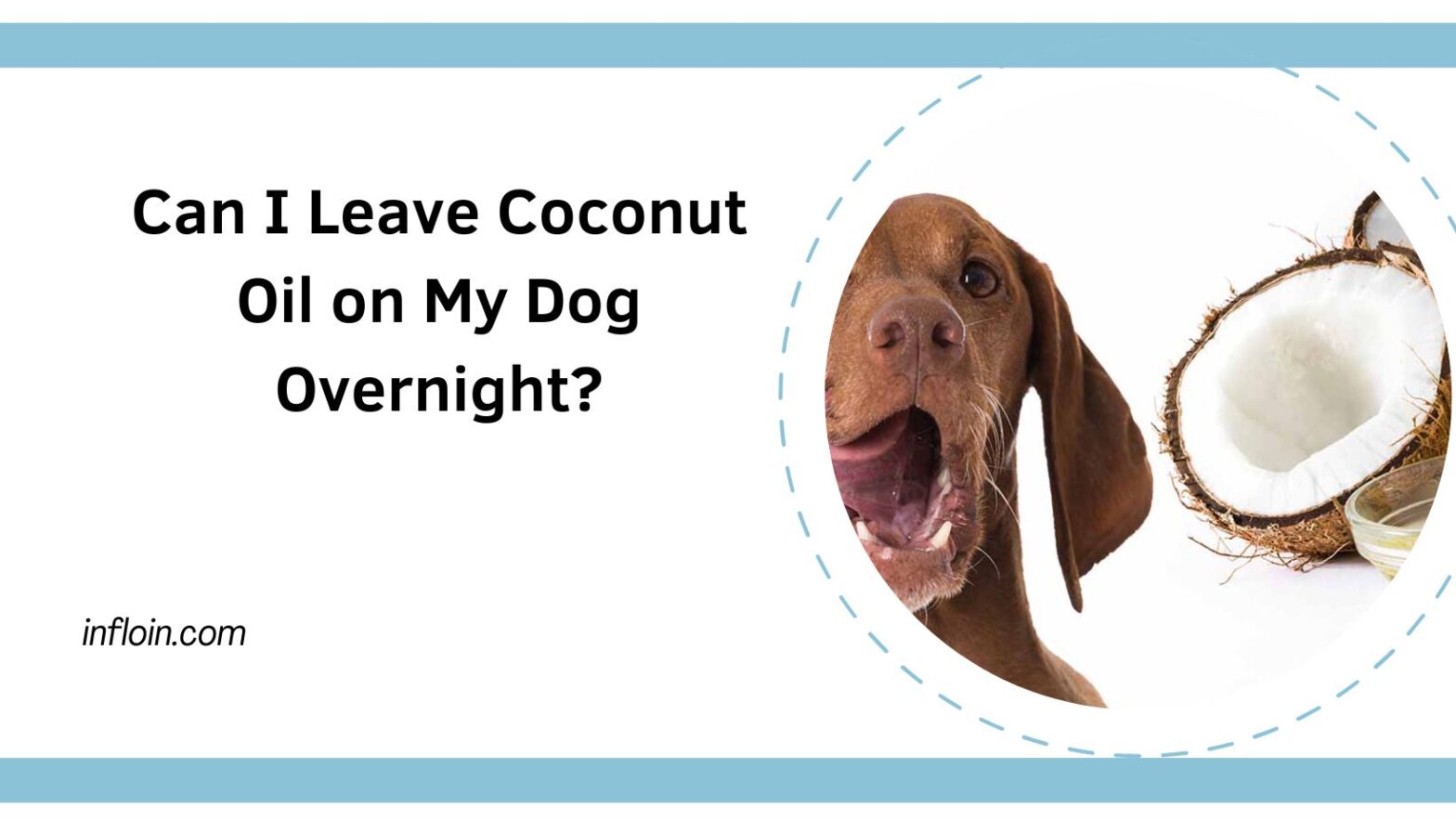Coconut oil is packed full of medium-chain fatty acids – known as the “good fats”. These ‘good fats” help create shiny and healthy coats in dogs while serving as an effective ear treatment solution.
Moderation is key; too much may lead to complications such as clogged pores and allergies.
It’s not a good idea
Coconut oil contains medium-chain fatty acids (or “good fats”) that have the power to make a dog’s coat shiny and healthy, help relieve dry skin issues and ear infections, as well as reduce dry skin problems and allergies. But it’s important to use it sparingly; start out slowly – about one teaspoon for smaller dogs – before gradually increasing how much coconut oil you apply each time.
If you use coconut oil topically on your dog, make sure that before bedtime it is thoroughly rinsed away or else the oil could clog pores and cause allergies. Furthermore, monitor their discomfort or allergies throughout the day and take action if necessary, including possibly applying extra coconut oil if necessary.
Coconut oil should also be avoided near your dog’s eyes or ears as this could clog their ears and lead to irritation; additionally, cleaning oil from ears may prove challenging and lead to infections in some instances.
If you are uncertain whether coconut oil is appropriate for your dog, seek advice from their veterinarian first before initiating any new treatments. They will conduct a thorough examination and recommend the most effective remedy to address his/her ear infection. Furthermore, be sure to maintain good ear hygiene practices that keep water out of his/her ears to prevent yeast growth that leads to infections.
It can clog pores
Coconut oil is one of the most beloved natural skin care ingredients on the market, known for its soft texture, delicious scent and ability to moisturize skin. Unfortunately, though, raw coconut oil straight out of its jar can clog your pores due to its thick consistency; this may make it hard for pores to absorb it properly while trapping dead cells, bacteria, sebum and other pollutants on its surface of your face. According to celebrity esthetician Natalie Aguilar’s assessment, such thick coconut oil jarred directly may clog your pores causing breakouts – however thick raw coconut oil out of its container can clog your pores causing breakouts as it absorbs slowly into skin.
Coconut oil contains an abundance of saturated fats, particularly lauric acid. This particular form of saturated fat has a distinct chemical structure from others and can promote HDL cholesterol production – which is beneficial for heart health. However, saturated fats contain many calories and should only be consumed sparingly.
Coconut oil may be considered “comedogenic”, yet still be beneficial to skin. When making soap from it, chemical reactions take place that transform raw coconut oil into non-pore clogging soap molecules – although there may still be trace amounts free-floating in soap bars which may clog pore. Most people can safely use coconut oil as an everyday moisturizer – for best results it should be double-cleaned with a water-based cleanser afterwards in order to eliminate any residual oils or residue.
It can cause allergies
Coconut oil can be an essential part of a nutritious diet, yet for some individuals it may cause allergies. Allergic reactions to coconut can range from skin irritation to respiratory distress and usually occur from eating products containing coconut oil or proteins found within coconut plants – although other triggers could possibly trigger these allergies as well.
Coconut allergy symptoms typically begin as itchy blisters on the skin. They usually appear 1-2 days after exposure to an allergen and typically take several days to go away. If you believe you might be allergic, talk to your physician and request either a skin prick test or patch test as soon as possible.
If you have an allergy to tree nuts, it is wise to avoid coconut and other products containing coconut. Although allergic reactions to coconut are rare, they do occur occasionally. As its protein differs significantly from that found in other trees, cross-allergies should not occur easily.
Coconut allergy may be caused by anti-Cocos nucifera antibodies that can be measured using the ImmunoCAP fx1 mixed nuts blood test available through some general practices and available through certain laboratories. This test tests for antibodies related to peanuts, hazelnuts, brazil nuts, almonds and coconut. While such blood tests provide insights into your coconut allergies they should not be considered diagnostic – only a comprehensive clinical examination can confirm such diagnoses.
It can be a mess
Coconut oil left on your dog overnight could create quite the mess. The oil could clog pores and cause build-ups of hair and grime on their skin; furthermore it may irritate their eyes or ears, potentially leading to infections; stain bedding and furniture as well as stain bedding! If you choose this route make sure it’s organic with no bleached or refined elements added in.
Before applying oil to your pup’s coat, ensure they are clean and dry – bathe them beforehand if you prefer! Once applied, massage it into your fur gently while paying special attention not to get oil into their eyes, ears, reproductive glands or anal areas.
Once the oil has penetrated your dog’s skin, you can rinse it away using warm water. Monitor for signs of discomfort or allergic reactions; should any arise, immediately contact a vet.
Coconut oil should be applied topically on your dog, but be wary about giving too much at one time. Too much oil may irritate their stomach and result in loose or foul-smelling stool or diarrhea, and should always consult with a veterinarian prior to adding new supplements into their diet.

